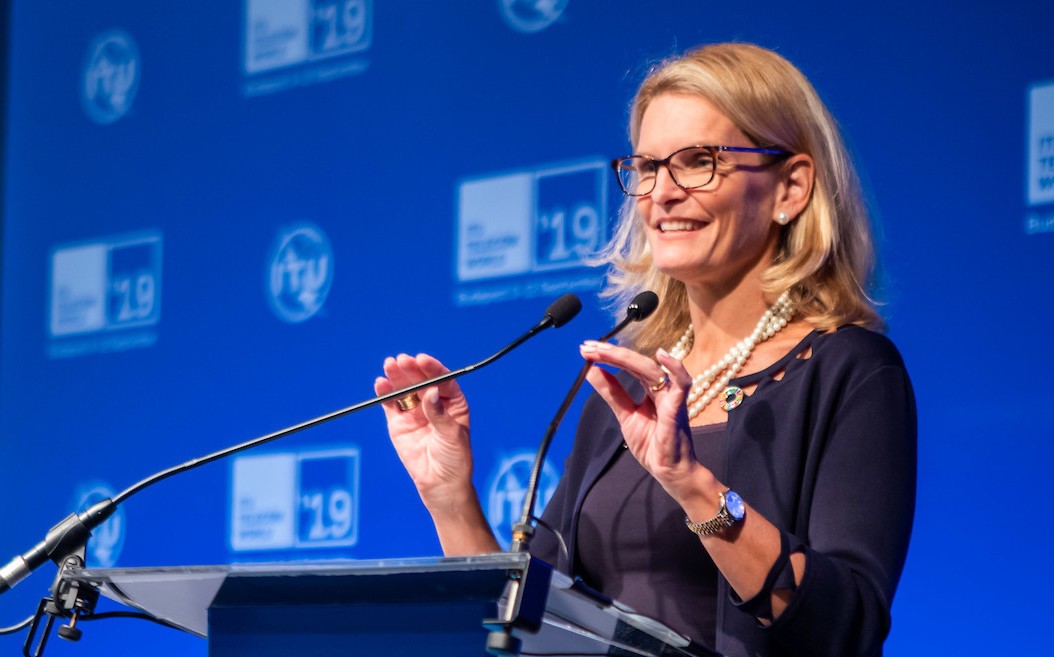UN tasks girls on next phase of digital change to boost $1tr global economy target
The United Nations has called on women, especially girls, to drive the next phase of digital change globally.
This global call to action celebrates girls and young women not only as technology users, but as leaders, creators and changemakers of the digital age.
The UN, through the International Telecommunications Union (ITU), made the appeal at the weekend in commemoration of the 2025 International Girls in ICT Day, which is held every April 24.
Secretary-General of the ITU, Doreen Bogdan-Martin, noted in an article that globally, only 65 per cent of the world’s women were online in 2024, compared with 70 per cent of men. That’s 189 million more men than women using the Internet.
According to her, while most of the world is moving towards gender parity in Internet use, the gap is widening in the Least Developed Countries (LDCs).
“Behind these statistics are real women and girls who don’t have opportunities to learn, earn, connect and create. Connectivity is the foundation of these opportunities. For it to be meaningful, we need affordable, safe, relevant and transformative online spaces where girls can thrive.”
That requires overcoming some long-standing barriers: unequal access to education and digital skills, harmful social norms, affordability constraints, and online spaces that too often exclude or endanger women and girls,” she stated.
ITU observed that this year’s celebration focused on empowering all girls and young women to not only participate but also lead the world’s digital transformation.
“In practice, that might look like a young woman from a rural area accessing government services online rather than standing in line at a faraway office.
“It could also be a visually impaired girl receiving an education in science, technology, engineering and mathematics (STEM) or finding a job in STEM,” she added.
Bogdan-Martin said mobile money alone has lifted millions out of poverty, with women-led households experiencing some of the greatest gains.
She said some estimates that closing the gender gap in mobile Internet adoption in low- and middle-income countries could add more than $1 trillion in Gross Domestic Product (GDP) to the global economy.
“That’s why ITU is working to make sure digital transformation works for all women and girls,” she stated.
According to her, ITU’s ‘Our EQUALS Global Partnership’, now entering a new phase, aims to equip 100 million women and girls with digital skills by 2035.
She said the AI Skills Coalition brings together technology leaders and academic institutions to offer free and tailored training in Artificial Intelligence (AI).
The scribe explained that through the yearly Facts and Figures report, ITU helps countries pinpoint and address persistent gender gaps, adding: “because we cannot manage what we do not measure.”
“But data alone won’t get us there. To succeed in providing digital opportunities to women and girls, we need leadership, investment and, above all, intention. Digital strategies must place a priority on including women and girls from the start,” she asserted.
To her, despite growing awareness, only 35 per cent of STEM graduates globally today are women, a figure that has not changed in the past 10 years.
Beyond the numbers, she said the real cost is in the untapped potential of girls, who could be the coders, entrepreneurs, engineers and digital diplomacy leaders that “our world desperately needs.”








